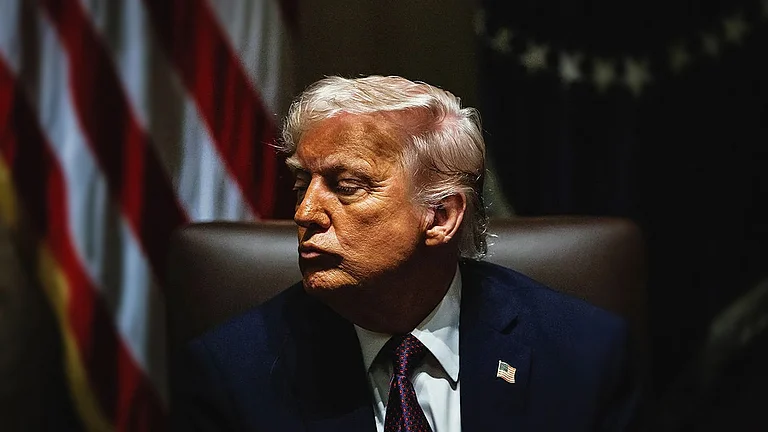Billionaire Elon Musk announced the end of his scheduled time as "special" government employee under US President Donald Trump's administration on Thursday. Musk was serving as chief of the Department of Government Efficiency (DOGE).
Elon Musk Ends Stint at DOGE Agency A Day After Criticising Donald Trump's Budget Bill
After a stormy tenure at DOGE, Elon Musk steps down from Trump administration, a day after citing disappointment with budget bill and federal pushback
"As my scheduled time as a Special Government Employee comes to an end, I would like to thank President @realDonaldTrump for the opportunity to reduce wasteful spending." Musk wrote on his social media platform X.
Musk also announced that the DOGE mission will only strengthen over time as it becomes a way of life throughout the government.
His exit came just a day after he publicly expressed “disappointment” with Trump’s budget bill, which includes massive tax cuts and a substantial hike in defence spending. In an interview with CBS, the SpaceX chief said the so-called “big, beautiful bill”— as Trump described it—would only worsen the federal deficit.
He also criticised the legislation for undercutting the mission of the DOGE, the agency he was tapped to advise. “I think a bill can be big or it can be beautiful, but I don’t know if it can be both,” Musk said.
Musk's departure brought an end to a turbulent time between him and the other government officials as well as employees. Musk's tenure at the Trump administration included sweeping layoffs, the dismantling of several government agencies, and a flood of legal battles. After all the dramatic changes, Musk seemed to be found himself out of his depth in the bureaucratic and politically charged environment of Washington.
Nevertheless, Musk's role in the Trump administration was always intended to be temporary. However, it is hard to tell whether the billionaire entrepreneur, known for his bold ventures in tech and space, ultimately achieved as much as he anticipated or not.
One of the major examples of his friction with some Trump cabinet-level officials was when Musk initially pledged to cut "at least $2trn" from the federal government budget, before halving this target, then finally settled it to $150bn.
Roughly 260,000 federal civilian workers—out of a total workforce of 2.3mn—have either been laid off or taken voluntary redundancy packages under DOGE’s sweeping reforms. The cuts, championed as a cost-saving measure, sparked widespread controversy and legal battles across departments.
In several instances, federal judges intervened, blocking the dismissals and ordering that affected employees be reinstated, citing procedural lapses and overreach in the implementation of the layoffs.
Musk is now likely to focus back on running his businesses. Tesla sales dropped by 13% in the first three months of this year, the largest drop in deliveries in its history. The company's stock price also tumbled by as much as 45%, but has mostly rebounded and is only down 10%.
Earlier this month, Musk said he planned to scale back his political contributions, after reportedly spending close to $300mn last year in support of Trump's presidential campaign and other Republican candidates.

